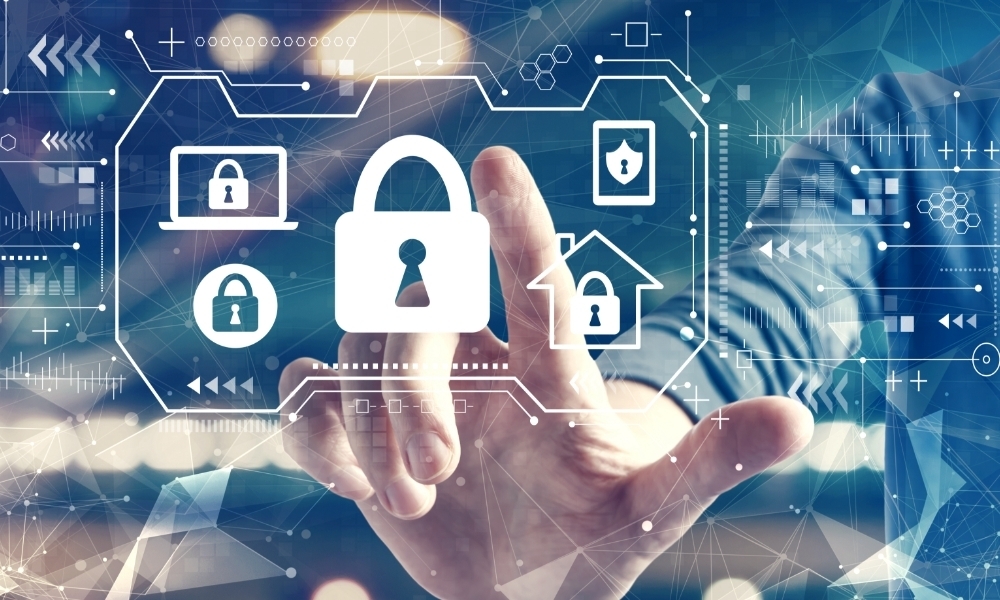In today’s digital age, cybersecurity has become an integral part of enterprise risk management. With the increasing number of cyber threats, businesses need to ensure that their data and systems are protected from unauthorized access, theft, and damage. Cybersecurity has become a critical business function, and it’s essential that companies take it seriously. In this article, we’ll discuss the importance of cybersecurity in enterprise risk management.
1. Protecting Sensitive Data
Cybersecurity is essential in protecting sensitive data, such as customer information, financial data, and intellectual property. Cybercriminals are constantly looking for vulnerabilities in computer systems, and a successful cyber-attack can lead to significant financial losses, reputational damage, and legal consequences. By implementing robust cybersecurity measures, businesses can safeguard their sensitive data and prevent cyber-attacks from occurring.
2. Compliance with Regulations
Many industries are subject to strict regulations and compliance requirements, such as HIPAA in healthcare or GDPR in the EU. Failure to comply with these regulations can result in hefty fines, legal actions, and damage to a company’s reputation. By implementing cybersecurity measures, businesses can ensure they are compliant with the necessary regulations and avoid potential legal and financial consequences.
3. Protecting Against Cyber Threats

Cyber threats are becoming more sophisticated and complex. Hackers are using advanced techniques such as social engineering, malware, and phishing attacks to gain access to computer systems. Businesses need to have robust cybersecurity measures in place to protect against these threats. Cybersecurity measures such as firewalls, antivirus software, and intrusion detection systems can help prevent cyber-attacks and minimize the risk of data breaches.
4. Maintaining Business Continuity
A cyber-attack can disrupt business operations, leading to significant financial losses. By implementing cybersecurity measures, businesses can ensure that their systems and data remain available even in the event of a cyber-attack. This will help maintain business continuity and minimize the impact of a cyber-attack on the business.
5. Protecting Reputation

Cyber-attacks can damage a company’s reputation and erode the trust of customers, partners, and investors. A data breach can lead to the loss of sensitive data, including customer information, financial data, and intellectual property. This can have a severe impact on a company’s reputation, resulting in lost customers, damaged relationships, and decreased revenue. By implementing robust cybersecurity measures, businesses can protect their reputation and maintain the trust of their stakeholders.
Cybersecurity is a critical component of enterprise risk management. Businesses need to have robust cybersecurity measures in place to protect against cyber threats, safeguard sensitive data, and comply with regulations. By implementing cybersecurity measures, businesses can ensure business continuity, maintain their reputation, and protect their stakeholders’ trust. It’s essential to take cybersecurity seriously and invest in the necessary resources to protect against cyber threats.

